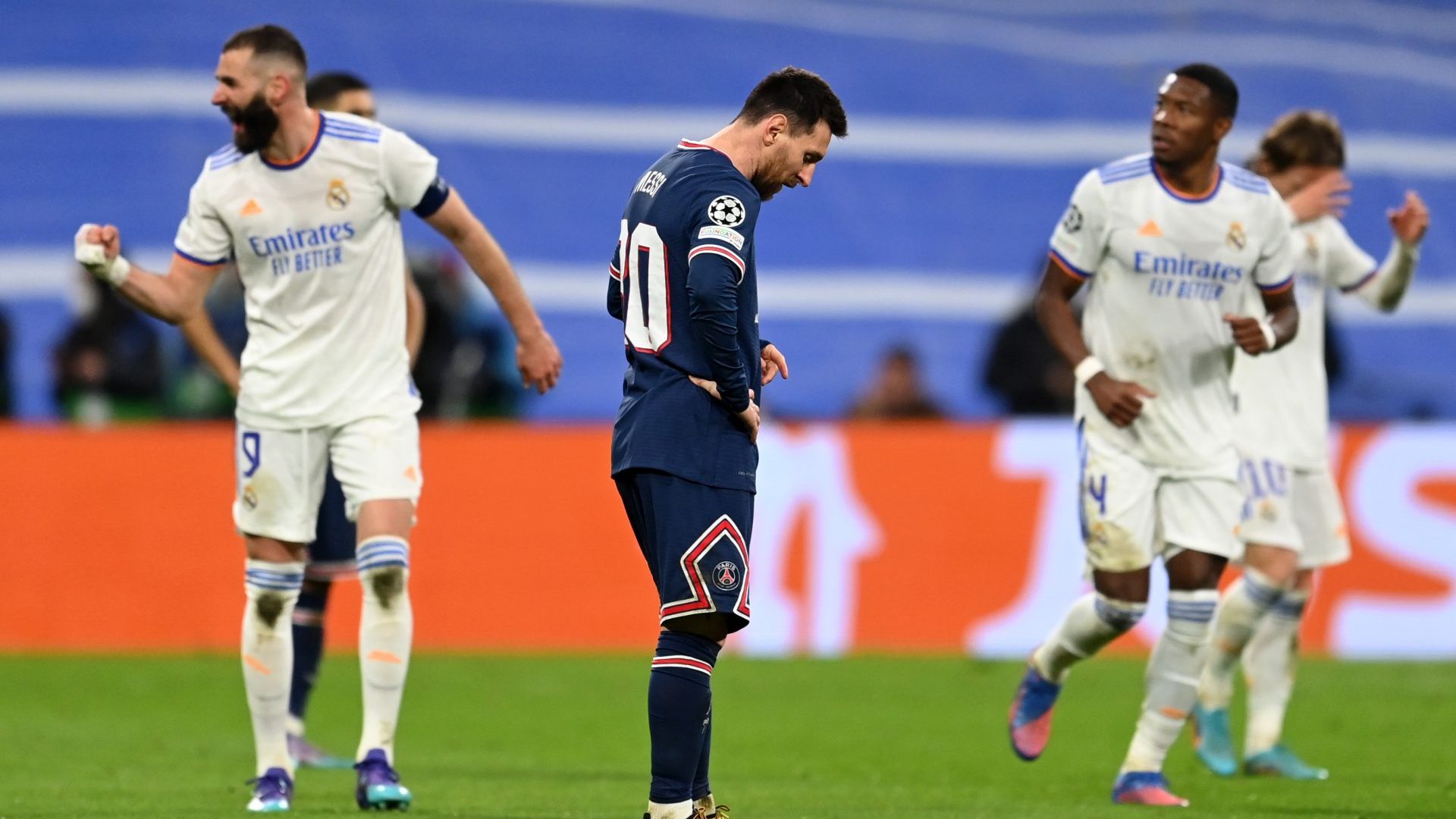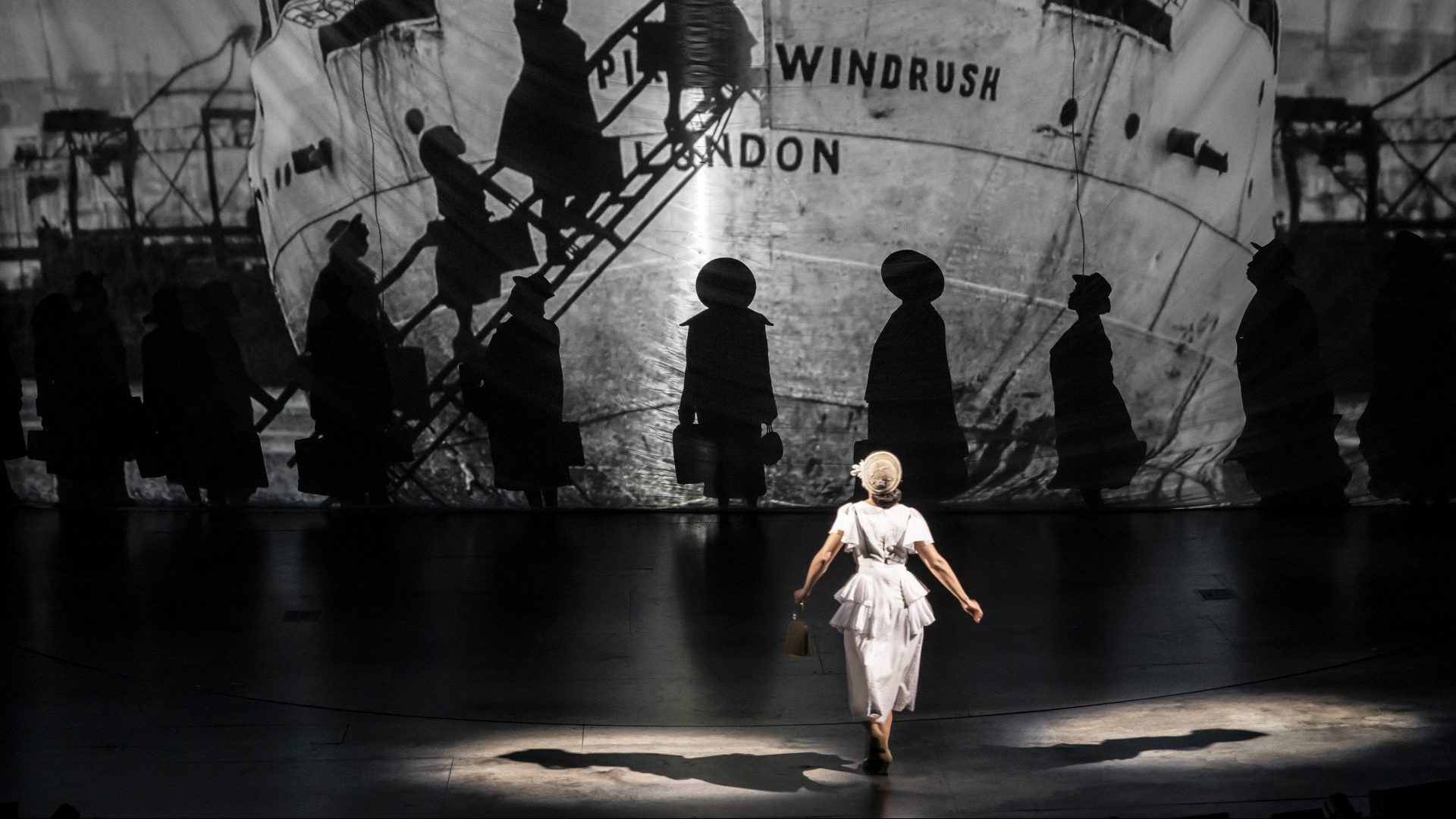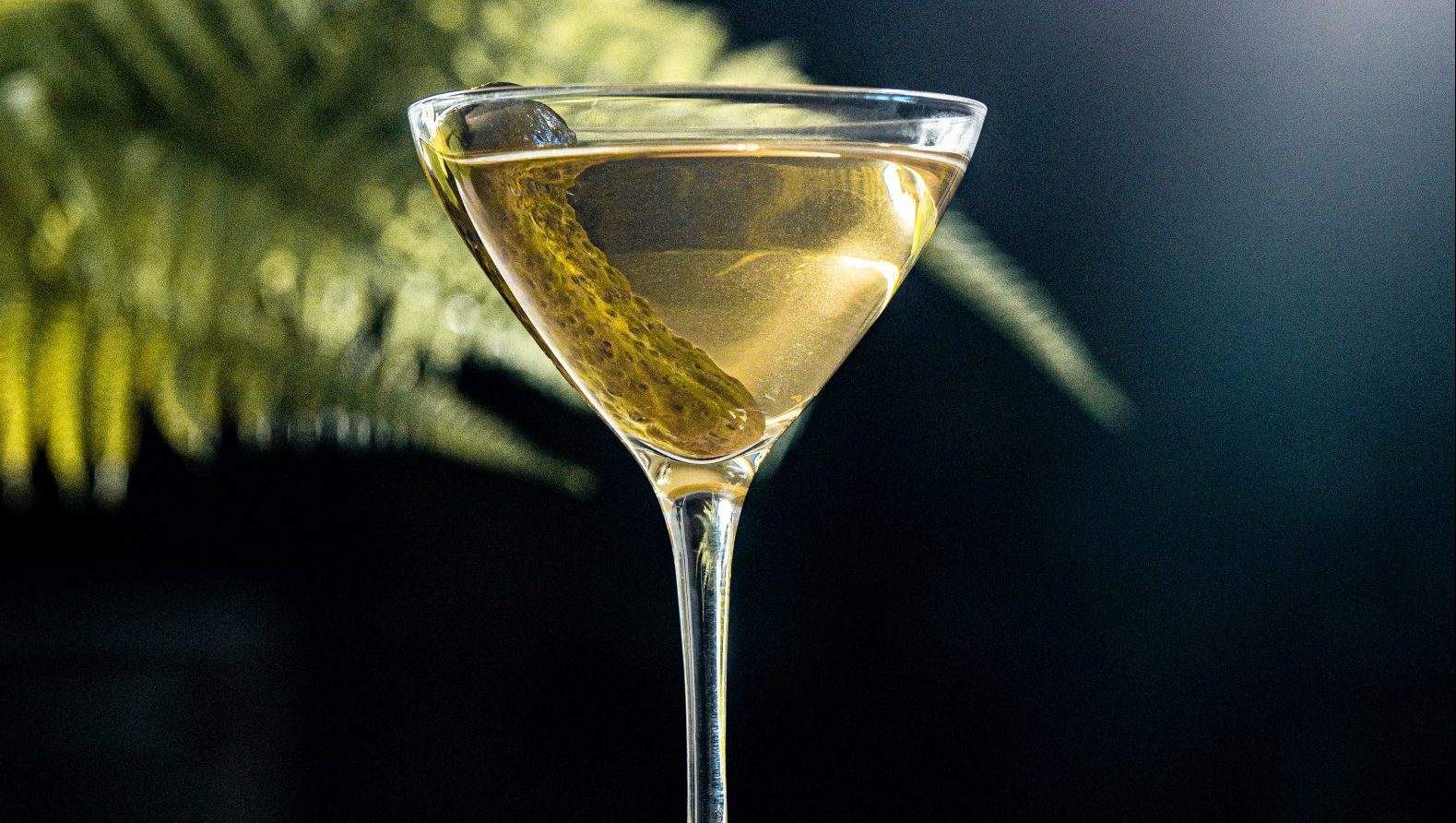Nobody does protest with more prescience than Parisians. While television pundits – ex-footballers all – sat in disbelief and failed to explain the repeated Champions League capitulations of Paris St Germain, fans in their thousands publicly identified their club’s failings.
They blamed the pampered superstars, particularly Neymar and Lionel Messi. They called for the resignations of the Qatari president and the Brazilian sporting director installed by Doha’s sovereign wealth fund, which bought ownership of PSG a decade ago. And crucially the Collectif Ultras Paris fan group spelled out what the pundits would not – France’s Ligue 1 is precisely that; a league so dominated by one club that it fails to provide the competitive zeal needed to withstand the pressure that Real Madrid applied in the final half-hour last week.
The same thing happened in 2017 when PSG led 4-0 after the first leg, then capitulated 6-1 in Barcelona three weeks later. That comeback was inspired by Neymar’s finest performance on European soil, and led to PSG activating the extraordinary €222m (£187m) buyout clause to acquire Neymar. Paris later also took Messi from Barça.
Between those huge transfers, the Qatari-French club squandered a two-goal away leg lead against Manchester United in February 2019 and were eliminated by two goals from Romelu Lukaku and one from Marcus Rashford in the second game at Parc des Princes in March.
To lose once this way is unfortunate. To do it so repetitively suggests engrained negligence. The Ultras saw it coming. This February, three days before the first game against Madrid, they staged their warning by staying out of the Parc des Princes for the opening 25 minutes of a league match,
and when they did take their seats they unfurled banners directed at the club’s hierarchy and at the “overpaid mercenaries” on the pitch.
“These players choose their matches,” read one. “We will do the same.” And “How can you have this mindset that moves mountains when your season seems to begin in February and you play domestic competition at a senatorial pace?”
Quelle éloquence! This was not wisdom after the event, but in advance of it. The supporters called for Nasser Al-Khelaifi, their club president, and Leonardo, a former player turned sporting director, to stand down and allow someone with insight in building a team and not just scapegoating managers on a regular basis that only Roman Abramovich had made profitable in terms of the game’s ultimate prizes.
Of course, Abramovich now has his comeuppance, from outside football.
PSG fell to a Madrid team superbly orchestrated by Luka Modrić and to three goals by Madrid’s French striker Karim Benzema. Modrić is 36, Benzema 34. But they know how to persevere. They have played their careers in real leagues where every game, virtually every minute, demands energy.
Modrić is that deceptively small and nimble Croatian whose hypnotic skills knocked England out of the European championships on the night when the
manager, Steve McClaren, was mocked as the “Wally with the Brolly”.
Is it a manager’s fault when his players are simply outplayed by the genie that is Modrić? Was Mauricio Pochettino, the latest PSG head coach,
culpable in Madrid when Modrić stole the ball off Messi and out-ran, out-willed Neymar to engineer opportunities for Benzema?
That wet November night in 2007 when Croatia eclipsed England, I sat next to Ken Jones, a reporter whose family was steeped in professional football. Before anyone else, Ken drooled about Croatia’s technical ability, notably about the little playmaker Modrić.
If PSG had bought Modrić they would have had a warrior, not a prima donna. If Al-Khelaifi, a former tennis professional, and Leonardo, a splendid left back in his time, truly knew the game they would know that it is not simply a matter of talent but of application. In a word, Modrić still has the desire to persevere when the opponents think the game is over.
Maybe it comes from being born into war, as Modrić was in Yugoslavia. Or to endure it, as West Ham’s Andriy Yarmolenko, the captain of Ukraine, is doing at the moment.
The Parisian supporters are, rightly, not fooled by the fact that their team
lies 15 points ahead of their domestic league. They are not concerned that their president also runs the Qatari state TV channel beIN Sports. Or that he is accused by Swiss prosecutors of buying a €5m (£4.2m) Sardinian villa as a bribe to former Fifa general secretary Jérôme Valcke over World Cup rights (denied by both men).
The fans whistled and booed Neymar and Messi and every player in their colours bar Kylian Mbappé before Sunday’s 3-0 home win over hapless Bordeaux. Mbappé is likely to join Real Madrid on a free transfer next season.
The Ultras know it. And they know why. “The unacceptable and inevitable disillusion which we predicted and feared has, unfortunately, become reality,” they stated last weekend. “How can you create a groundbreaking
mentality when you play domestic competitions at minimal pace? How can you have a real sporting project when the squad is just a bunch of ‘stars’ with little or nothing else? How can the coach be a respected boss in the locker room when he is clearly not the real decision-maker?”
It was almost superfluous to add that PSG deserves people who serve the club, not people who use it. The Ultras want a club, not a brand and not
a marketing product.




